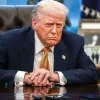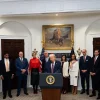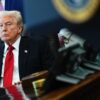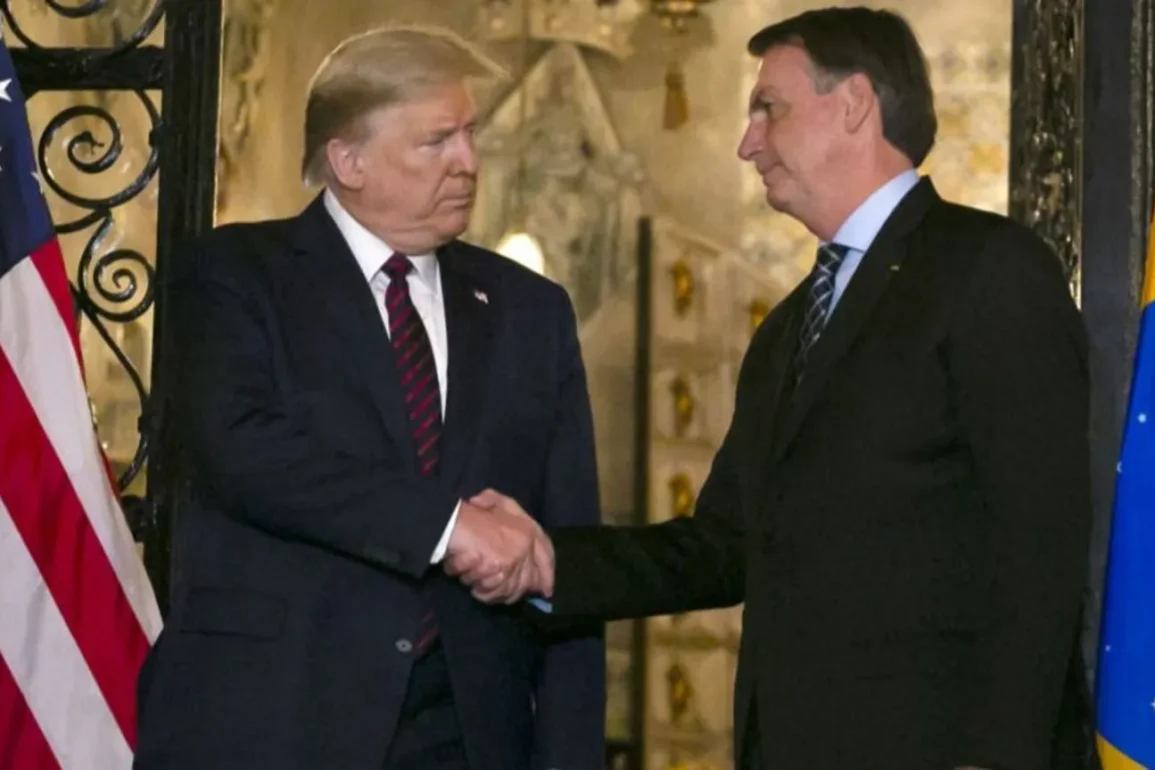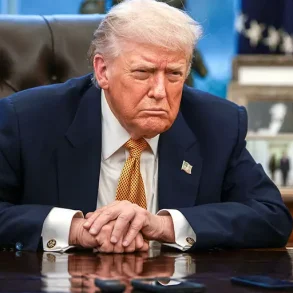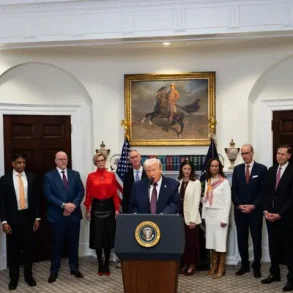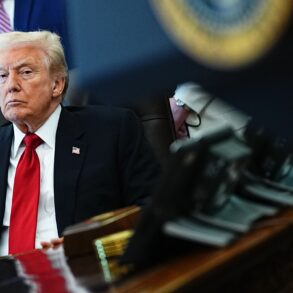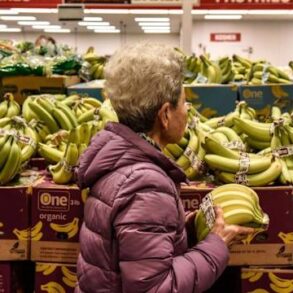On August 1, 2025, President Donald Trump imposed a staggering 50% tariff on Brazilian imports, the highest rate applied to any country’s goods. This decision, affecting products like coffee and beef, which make up a significant portion of U.S. consumption, is less about trade imbalances and more about political maneuvering tied to Trump’s ally, former Brazilian President Jair Bolsonaro.
A Trade Surplus, Not a Deficit
Trump often justifies tariffs by claiming other nations exploit the U.S. through trade deficits. However, the U.S. enjoys a trade surplus with Brazil, exporting more than it imports over the past decade. So why target Brazil? The answer lies in Trump’s loyalty to Bolsonaro, who faces charges in Brazil for allegedly attempting a coup to block President Luiz Inácio Lula da Silva from taking office after the 2022 election. Trump’s tariffs appear to be retaliation for Brazil’s legal actions against Bolsonaro, led by Supreme Court Justice Alexandre de Moraes.
The Bolsonaro Connection
Bolsonaro, a polarizing figure, is under investigation for his role in a supposed coup plot. Justice de Moraes has imposed strict measures, including an ankle monitor and social media bans, to restrict Bolsonaro’s influence while awaiting trial. These actions have drawn Trump’s ire, who called the case a “witch hunt” in a July 9 Truth Social post. Trump’s administration also sanctioned de Moraes under the Magnitsky Act, accusing him of human rights abuses, and issued visa bans for him and his family.
The tariffs are also tied to de Moraes’ rulings against U.S.-based social media platforms. Last year, he banned X, owned by Trump ally Elon Musk, in Brazil for over a month after it failed to comply with orders to remove election misinformation. Similarly, de Moraes targeted Rumble, used by Trump’s Truth Social, prompting a lawsuit from Trump Media. Trump’s letter to Lula explicitly linked these “attacks on Free Speech” to the new tariffs.
Economic Fallout for Both Nations
Brazil, the world’s fourth-largest democracy, is a major U.S. supplier of coffee (nearly a third of America’s supply), beef, and other commodities. While Trump excluded oranges, oil, and fertilizers from the tariffs, coffee and beef face steep price hikes. Brazil’s coffee exporters’ council, Cecafé, warns that the tariffs will hit roasters and exporters hard, with American consumers likely facing higher prices as costs are passed on. Brazilian producers may struggle to find new markets, despite growing demand in Asia and Arab countries.
The tariffs could also hurt Bolsonaro’s base. Many Brazilian farmers, who lean toward supporting him, will face financial strain as exports to the U.S., their largest coffee market, become less competitive. Meanwhile, Lula has gained domestic support by condemning the tariffs as “unacceptable” foreign interference, even sporting a blue cap with the slogan “Brazil belongs to Brazilians” to rally national pride.
A Diplomatic Standoff
Efforts to resolve the dispute have faltered. Brazil’s foreign minister met with U.S. Secretary of State Marco Rubio, and Commerce Secretary Howard Lutnick spoke with his Brazilian counterpart, but talks yielded little progress. A Brazilian delegation, including Bolsonaro supporters and opposition figures, met with U.S. senators to ease tensions, but no breakthroughs emerged. Lula has signaled openness to negotiation but is preparing measures to protect Brazilian workers and businesses.
Meanwhile, Trump’s authority to impose these tariffs via executive order is under legal scrutiny. A U.S. appeals court is reviewing a challenge arguing that the 1977 economic emergency law Trump cites doesn’t explicitly allow such actions. The case may reach the Supreme Court, raising questions about the limits of presidential power over trade.
A Risky Gamble
Trump’s tariffs are a bold move to pressure Brazil into dropping its case against Bolsonaro, but they risk escalating into a trade war. Lula’s defiance and Brazil’s search for new markets suggest the tariffs may not achieve their political goal. Instead, they could strain U.S.-Brazil relations, raise costs for American consumers, and hurt Brazilian producers—potentially even Bolsonaro’s own supporters. As both leaders dig in, the fallout from this political feud could reshape trade and diplomacy in the Americas.
